Soytun
€85.00
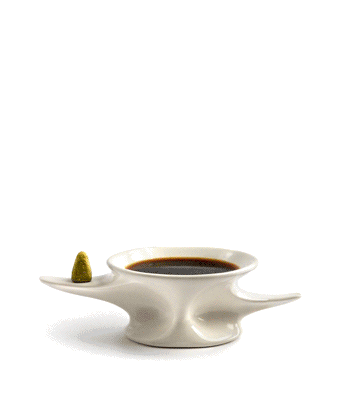
More info and images: http://www.photoalquimia.com/soytun.html
Soytun is unable to be mass produced by our artisans and the stock is limited in quantity.
If you see "Sold Out", you might be able to Pre-Order it from the next run, by sending us an email at shop@photoalquimia.com
AWARDS:
- Nomination at Shenzhen Global Design Award (SDA)
- Selected from Spain at Bienal Iberoamericana de Diseño 2016 (BID_16) in "Industrial design / product" category
- Bronze A’ Design Award Winner in “Bakeware, Tableware, Drinkware and Cookware Design” category, 2014 - 2015. Milan, ITALY. April, 2015.
- Selected as a Good Practice 2015 by International Design For All Foundation Awards, in “Spaces, products and services already in use” category. Barcelona, SPAIN. February, 2015.
TRCHNICAL DATA:
- Ceramic. Enameled stoneware. 2 units.
- Eco-Packaging for Gift. Handmade gift box with 100% recycled cardboard. Serigraphic printing.
- Design book. Four-Colors Offset, Soft cover, 60 pages.
SIZE & WEIGHT:
- Piece (1 Unit): 135 mm x 57 mm x 40 mm (H)
- Gift packaging (2 Units): 165 mm x 165 mm x 70 mm (H)
- Shipping package: 220 mm x 200 mm x 130 mm (H)
- Weight of shipping package: 0,75 Kg
CONTENT OF THE GIFT BOX:
- 2 Units of Soytun, signed and numbered by hand + Design book
Soytun is a ceramic piece designed for the increasingly popular tasting of the various forms of raw fish, such as sashimi, sushi, tartar, etc. The design accommodates all three necessary accompaniments for serving the fish: soy sauce, wasabi (spicy mustard), and chopsticks (they can be rested against the side when not in use). In manufacturing, we use painstakingly crafted enameled stoneware. Beneath its base, each Soytun is signed and numbered by hand.
The packaging design is inspired by the ancient cardboard boxes of natural history museums, which in Victorian times were used to contain zoological and botanical specimens collected in the various scientific expeditions. The gift box is made entirely of recycled cardboard, making it a singular example of eco-packaging respectful with the environment.
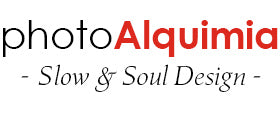
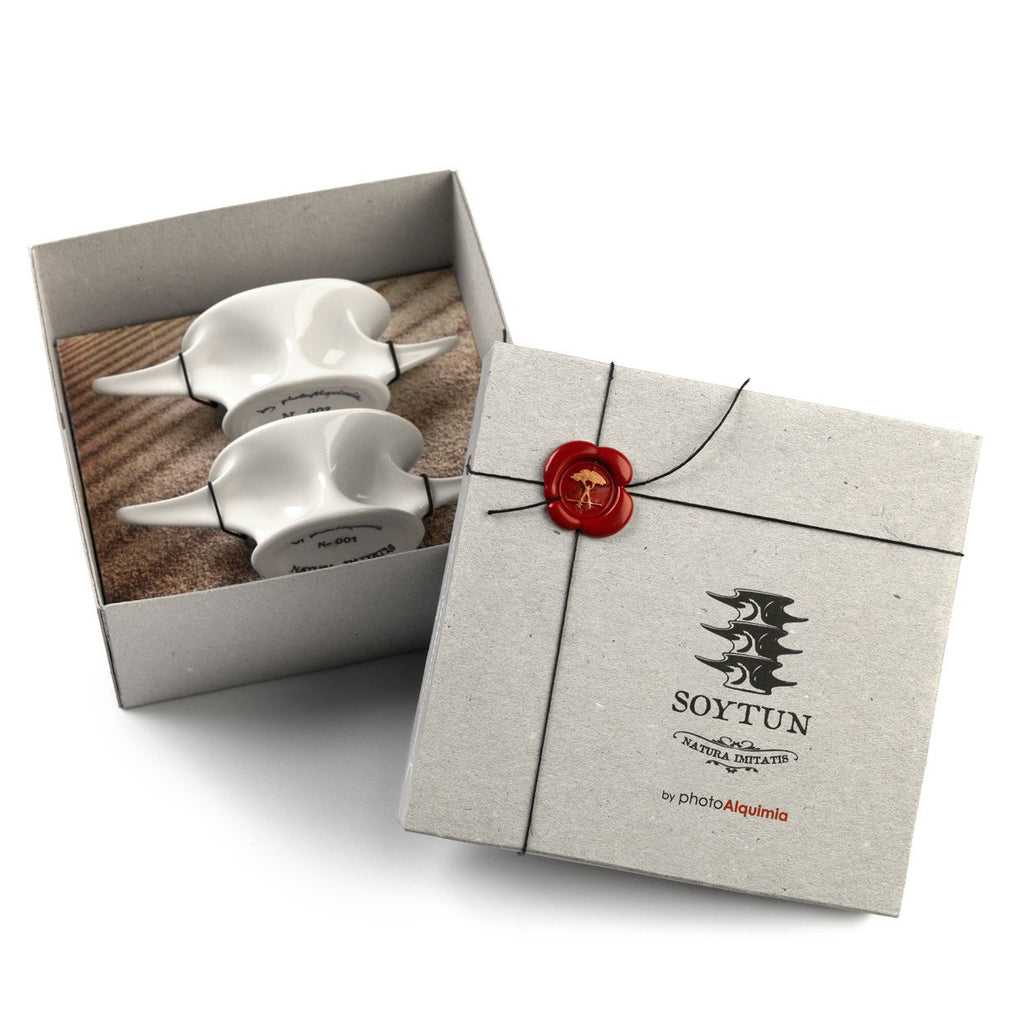
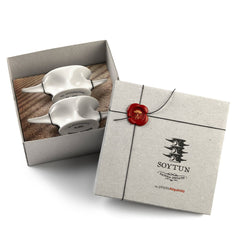
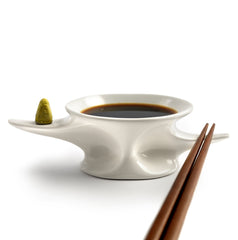
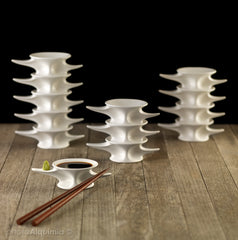
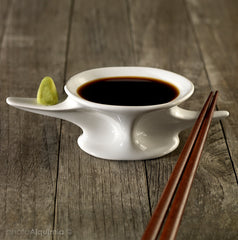
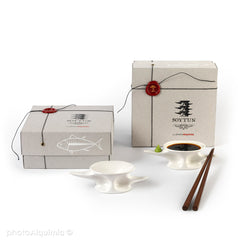
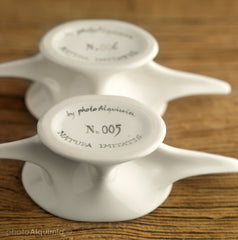
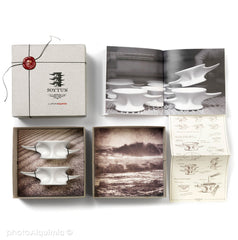
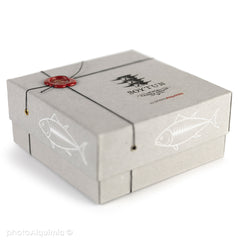
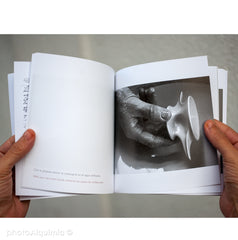
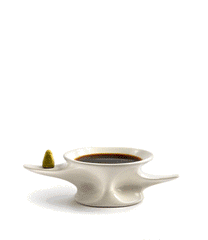
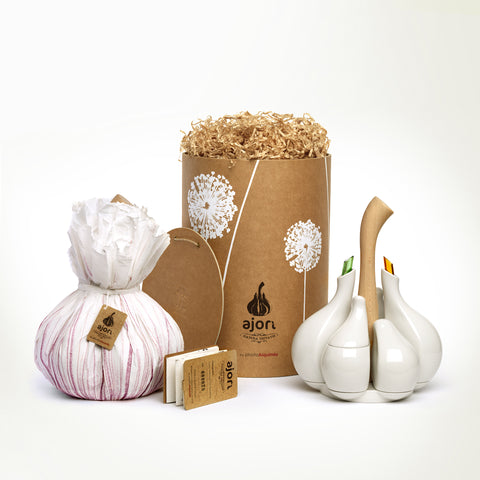
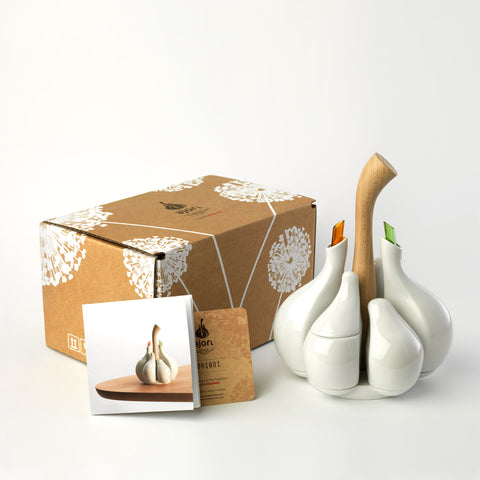
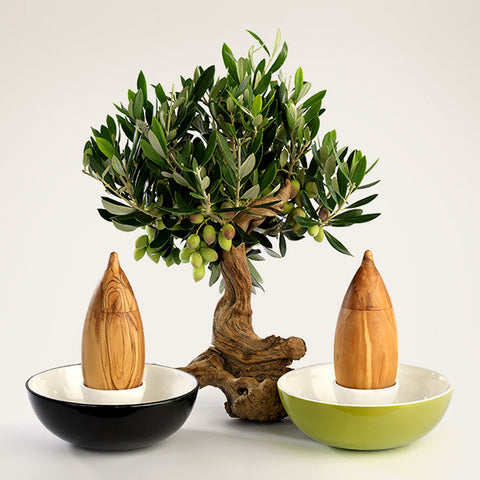
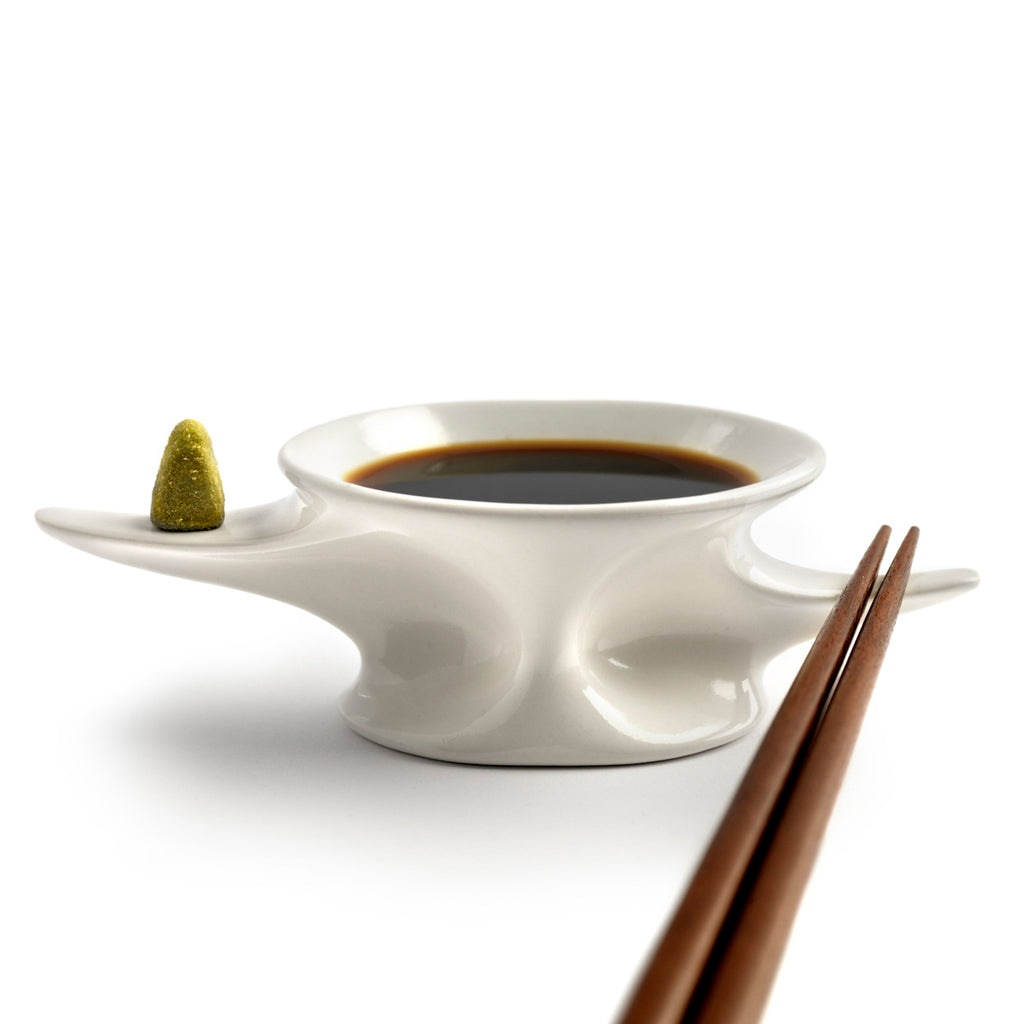
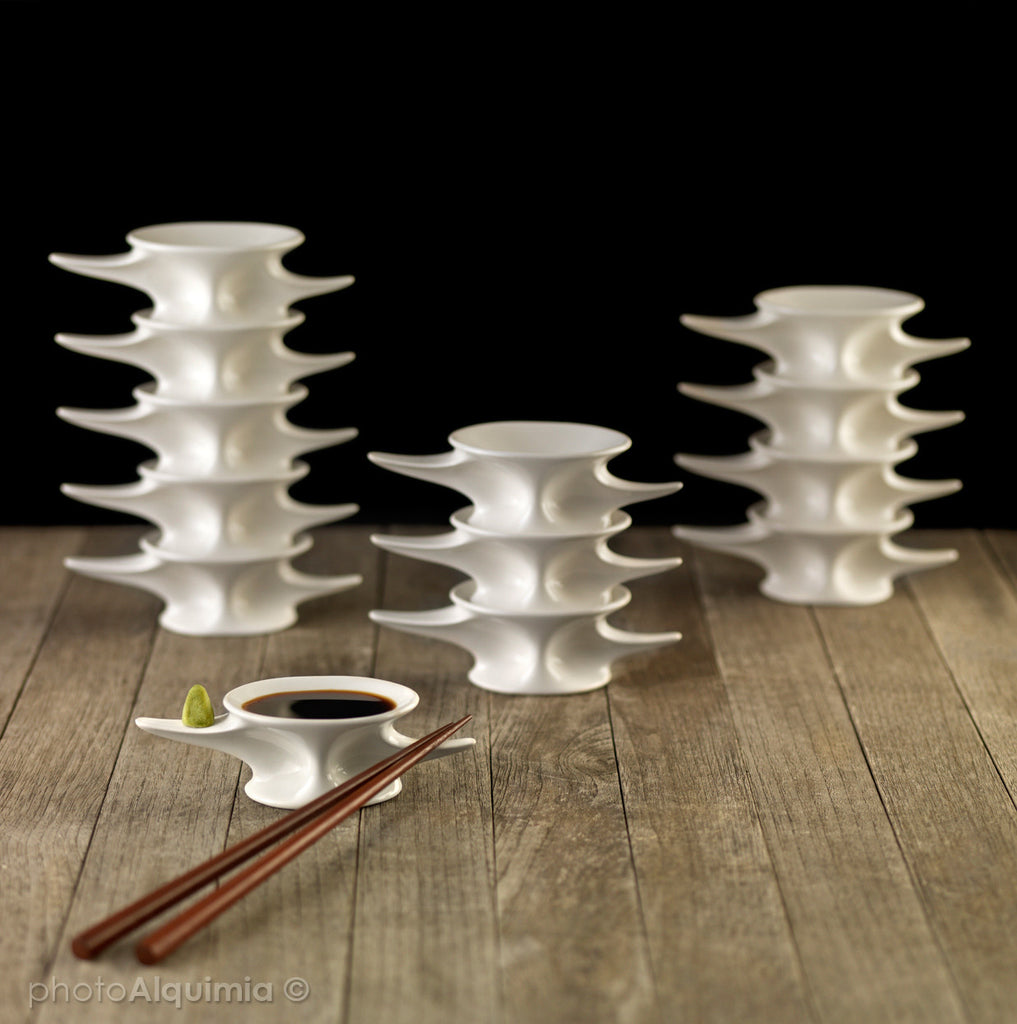
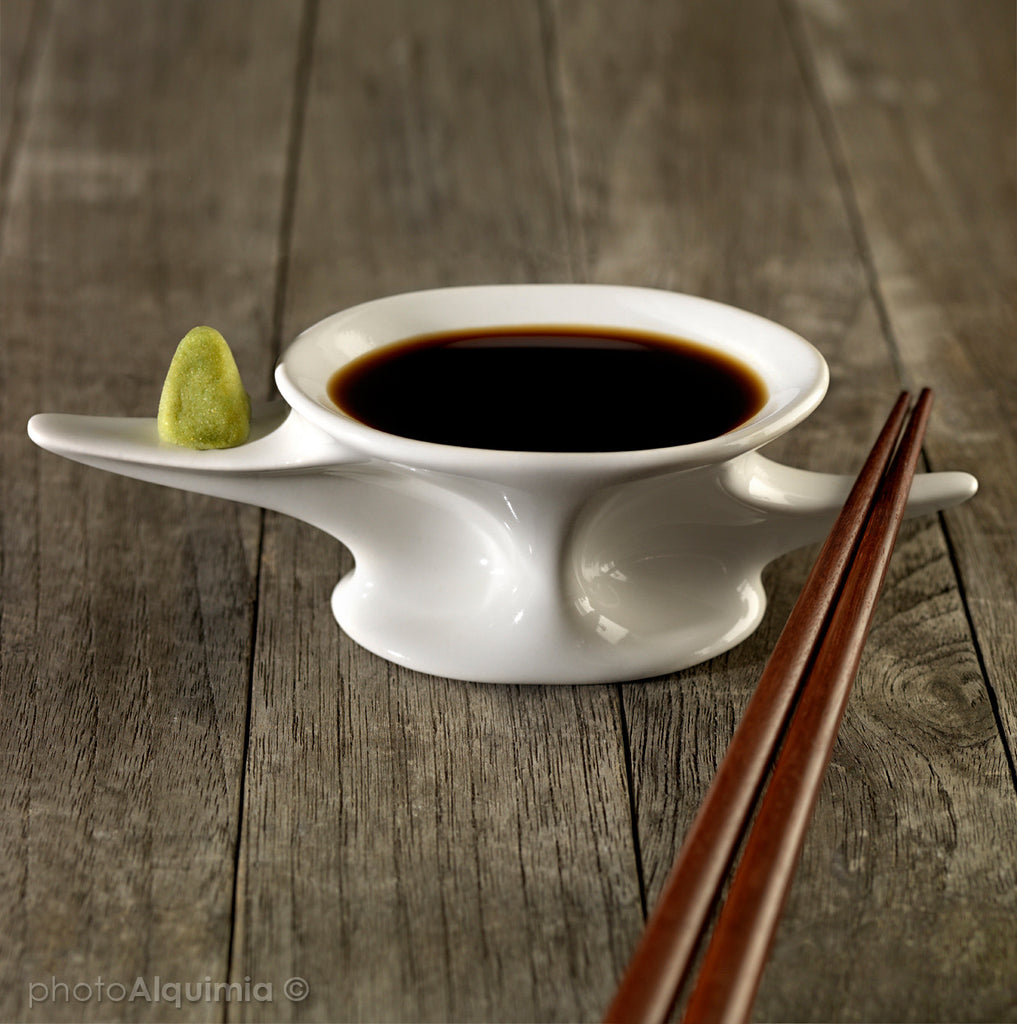
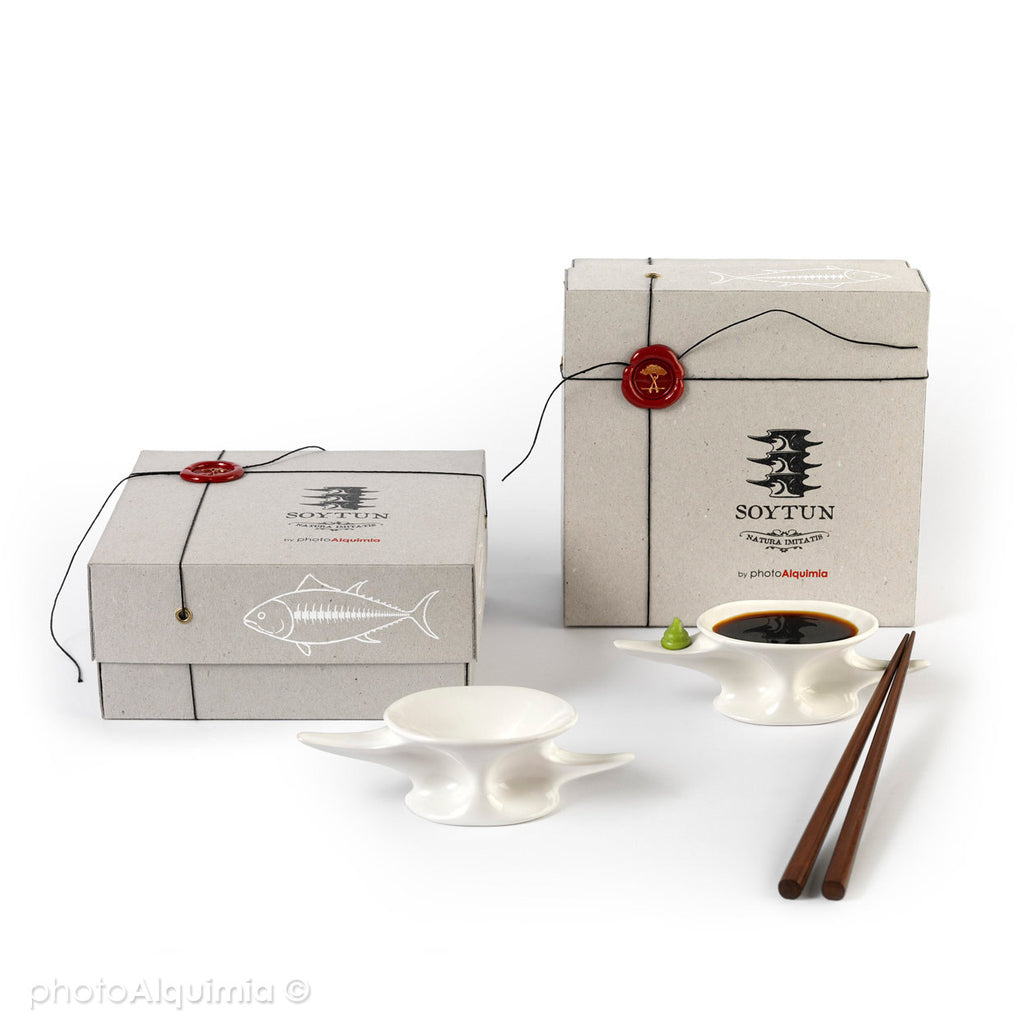
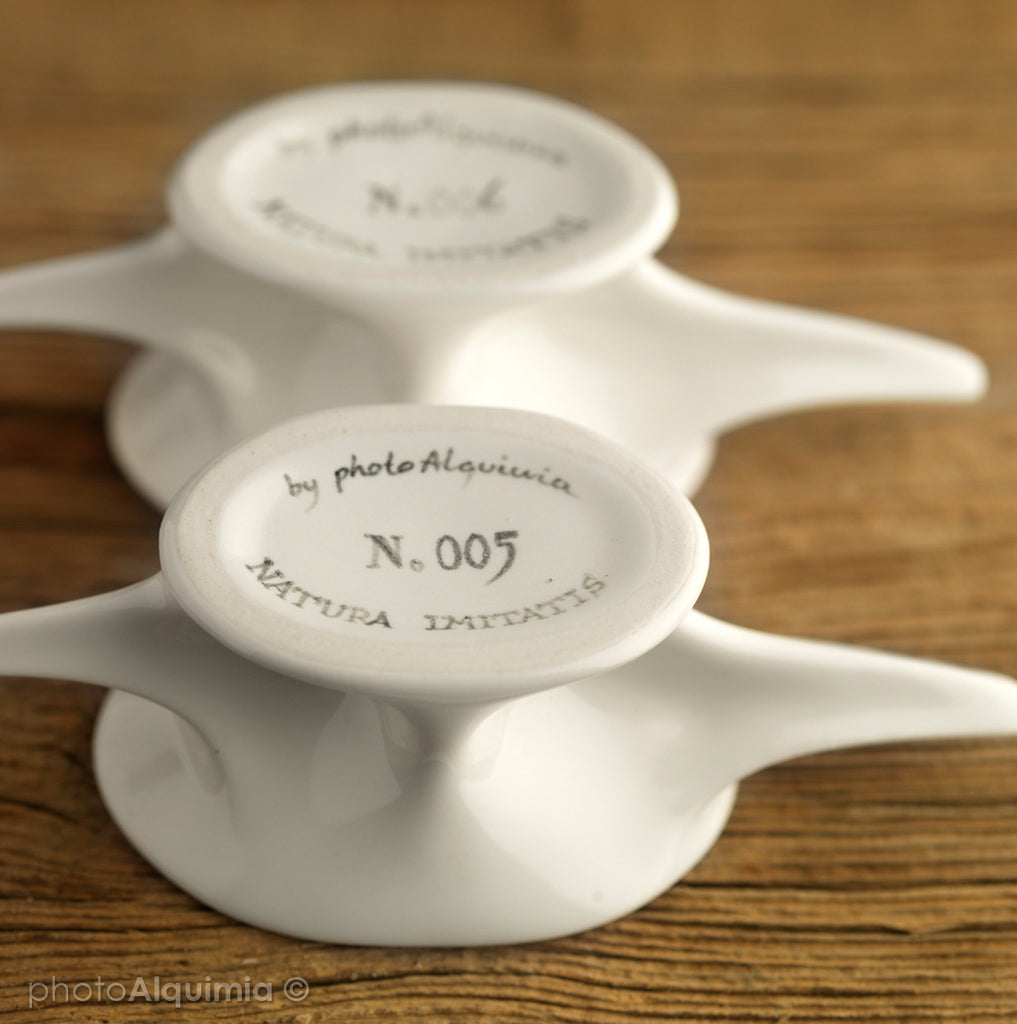
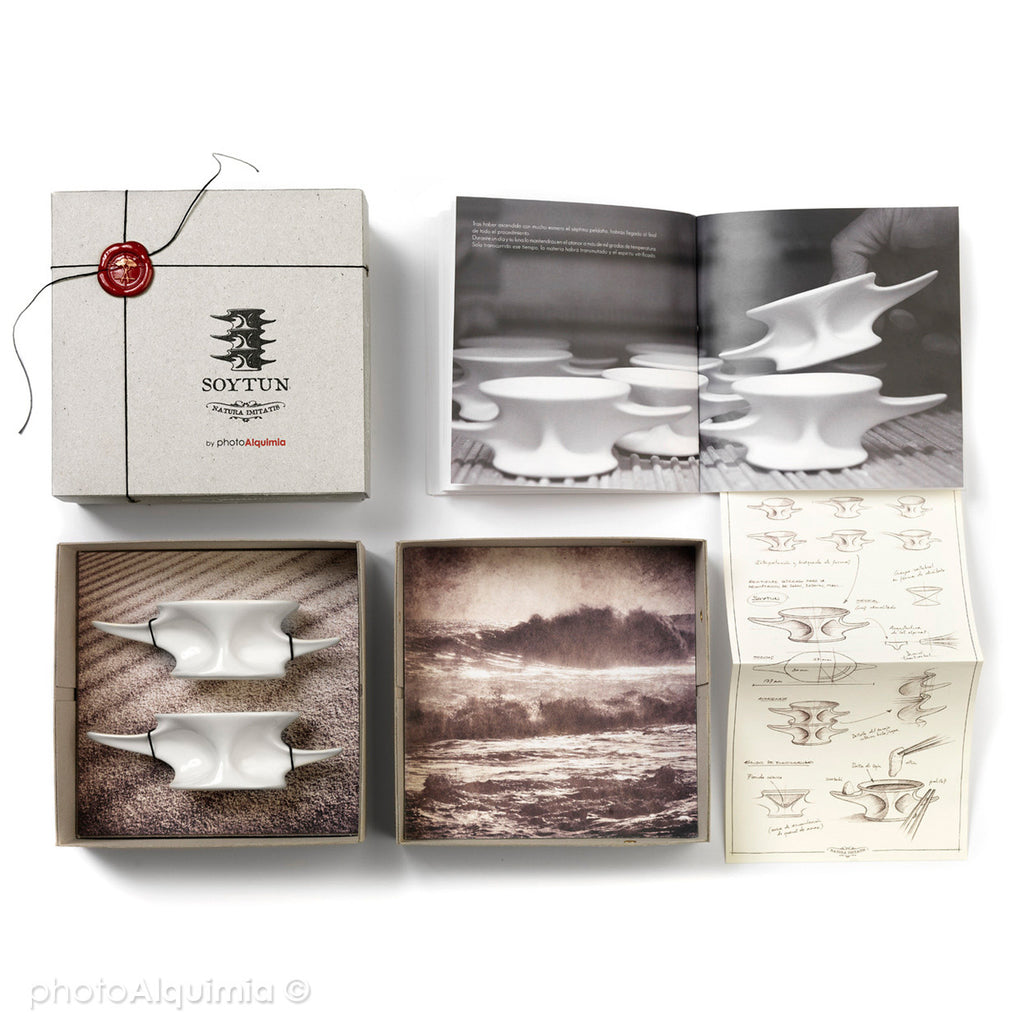
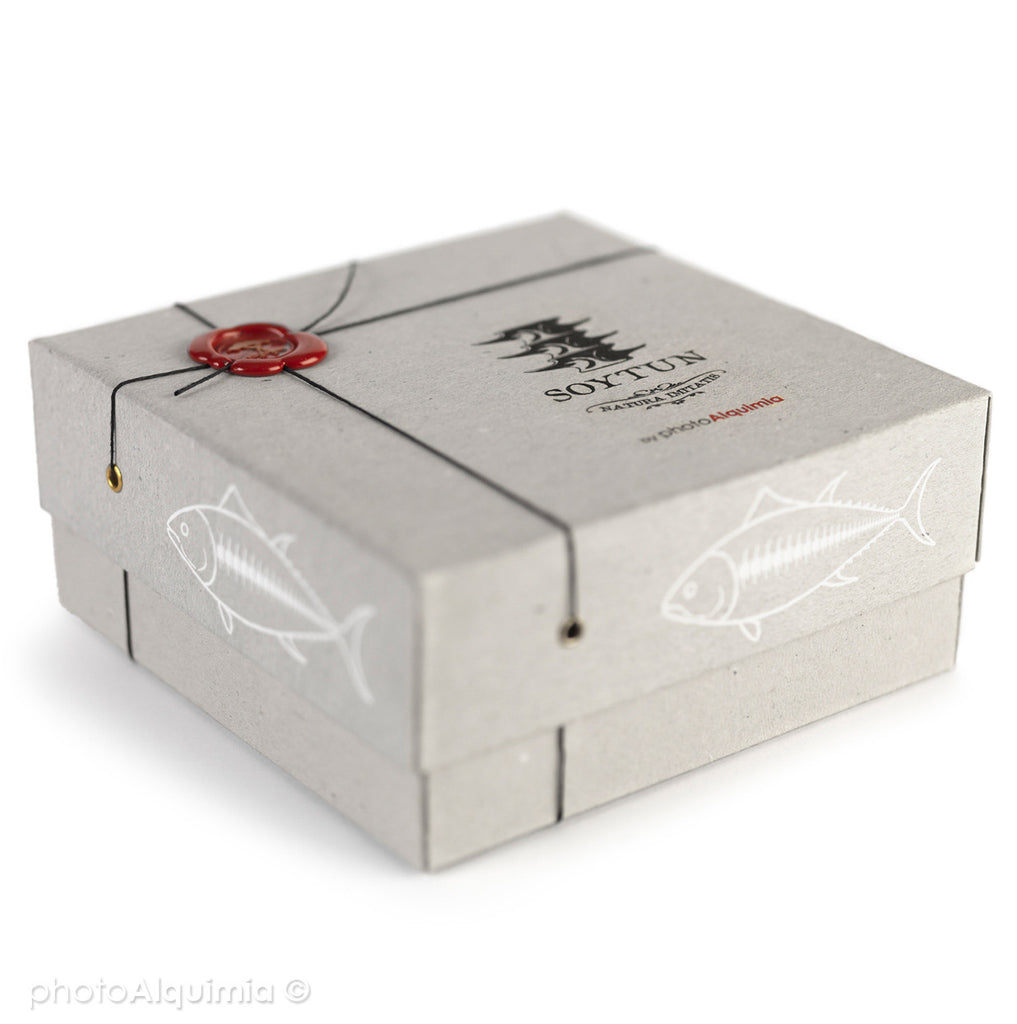
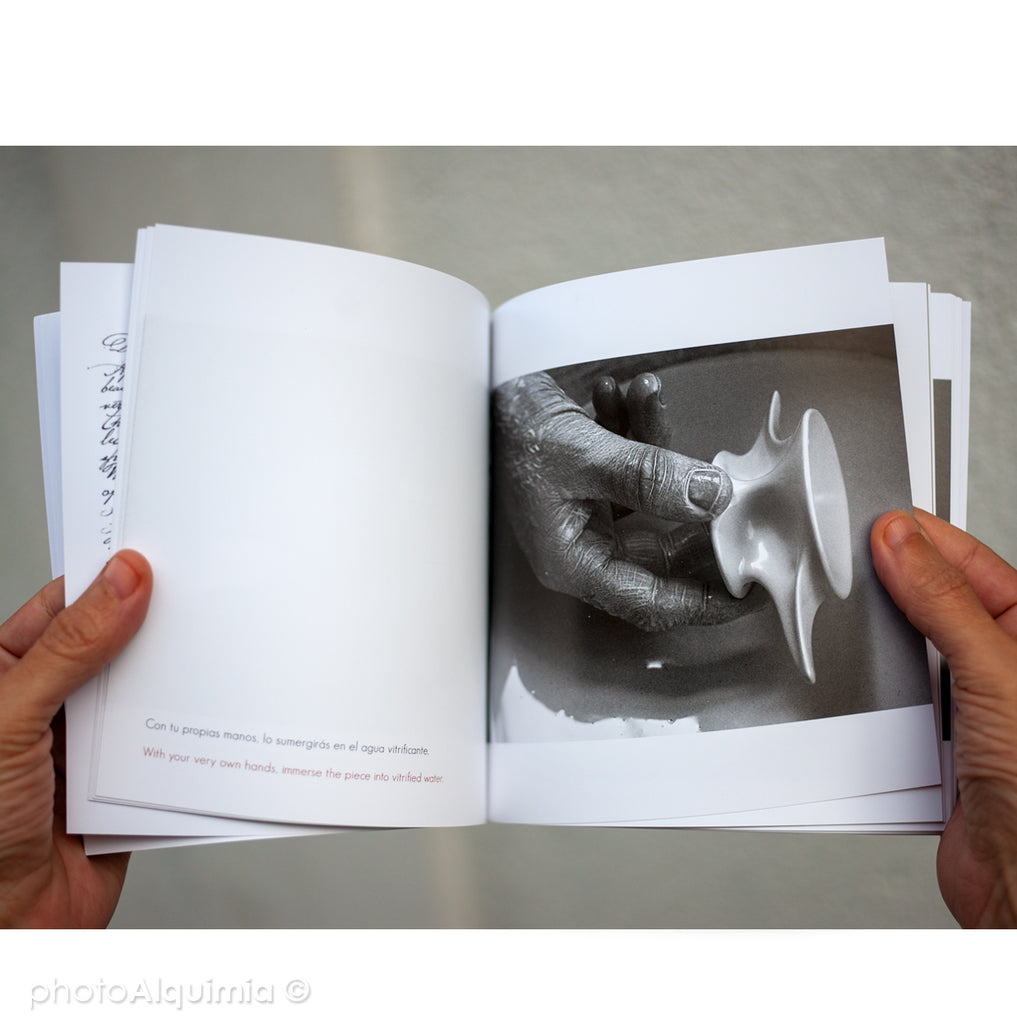
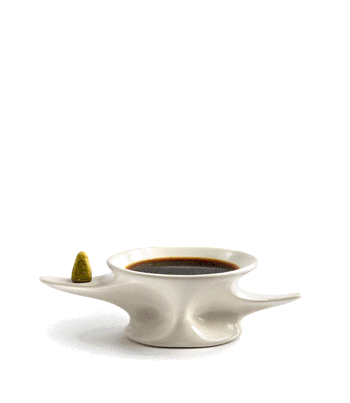
Share this item: